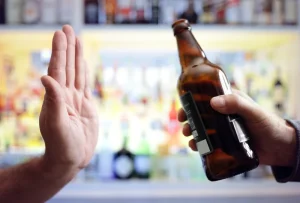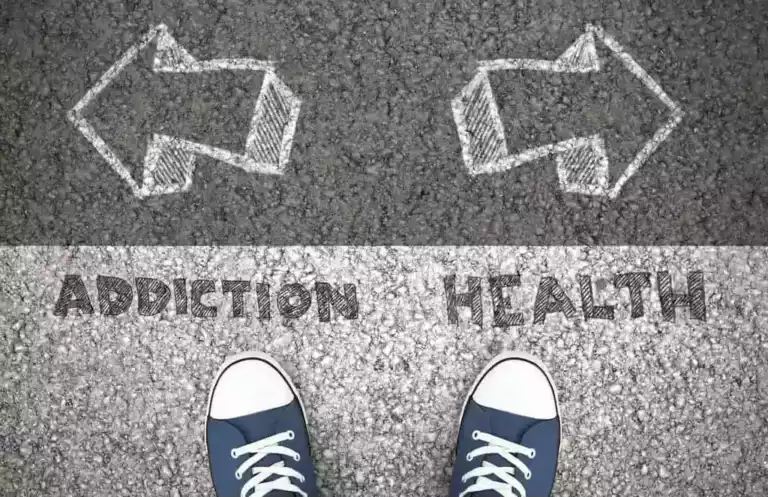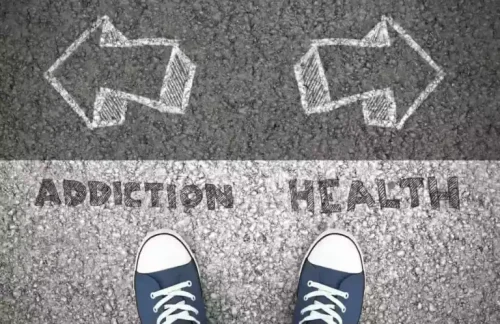
Red wines typically have higher histamine content than other alcoholic beverages, but beer also contains histamines that can affect susceptible individuals. As a result, their bodies produce inactive ALDH enzymes that are unable to properly break down the alcohol into acetic vinegar. This incomplete processing of the alcohol can cause the body to react by producing symptoms that reflect an allergy to the alcohol.
Sulfites in beer
The most common signs and symptoms are stuffy nose and skin flushing. If you’re allergic to alcohol, you may experience hives, itching, swelling, difficulty breathing, https://ecosoberhouse.com/ and wheezing. If you experience these symptoms after drinking alcohol, you must see a doctor as you may need to be treated for an allergy.

Can the sneezing reaction worsen over time?
Asthmatics, for example, are at an increased risk of having a reaction to sulfite-containing food. You are now leaving thermofisher.com and going to a site owned and operated by an independent third party. Thermo Fisher Scientific is not responsible or liable for any content or services of any independent third-party site. Thermo Fisher Scientific does not represent independent third parties or the customer if the two enter into a transaction. Privacy and security policies on these sites may differ from those practiced by thermofisher.com.
Symptoms
Some say it is more about the type of beer (too many hops) than a reaction to the alcohol in beer. Taking smaller sips can help reduce the amount of carbonation your nose is exposed to. If you’re still having problems, it could be time to consult your doctor.
How does alcohol affect allergies?
In fact, it could worsen your cold symptoms due to its dehydrating and immunosuppressive alcoholism symptoms effects. Over-the-counter (OTC) pain relievers, such as acetaminophen and ibuprofen, may also help reduce cold-related discomforts. Instead of adding whiskey, you could try an alcohol-free toddy or consider other warm drinks that may be more nourishing.
How common is alcohol allergy?

This knowledge can guide individuals in making informed decisions about alcohol consumption, especially if they have experienced adverse reactions in the past. Consulting with a healthcare professional is recommended if one frequently encounters symptoms of histamine intolerance. This genetic condition means that you experience negative symptoms when drinking alcohol because your body is unable to process it properly.
- However, some individuals may find certain alcoholic beverages, such as wine or beer, more likely to trigger the sneezing reflex due to their individual sensitivities.
- These headaches usually occur hours after a patient has stopped drinking, as their blood alcohol level returns to zero.
- It can exacerbate existing symptoms, trigger allergic reactions due to the substances it contains, or contribute to conditions like allergic rhinitis.
- If your favourite tipple leaves your cheeks burning, then yes – you may well have an alcohol sensitivity or intolerance, says nutritionist Jade Taylor, of Kitchen Home.
- It is important to determine whether you are allergic to a specific ingredient in the beer or if it is due to an interaction with medication.

In most cases, alcohol-induced sneezing is harmless and not indicative of an underlying medical condition. However, if you consistently experience severe sneezing or other concerning symptoms, it is recommended to consult a healthcare professional. The sneezing reflex after drinking alcohol is primarily caused by vasodilation, which increases the sensitivity of the nerve endings sneezing after drinking alcohol in your nasal passages. Vasomotor rhinitis does not involve an allergic reaction, although the exact mechanisms leading to congestion remain incompletely understood. Some researchers speculate that the condition represents exaggerated sensitivity of the lining tissues of the nose and sinuses.

Is going red a sign you’re allergic to alcohol?

Genuine alcohol allergies, in which people only react to the alcohol, are much less frequent. Read beverage labels to see whether they contain ingredients or additives you know cause a reaction, such as sulfites or certain grains. Applying a cold compress to your nose will help to soothe the mucous membranes in your nose and reduce inflammation. As a result, cough syrup manufacturers may incorporate a small amount of alcohol so the medications mix.